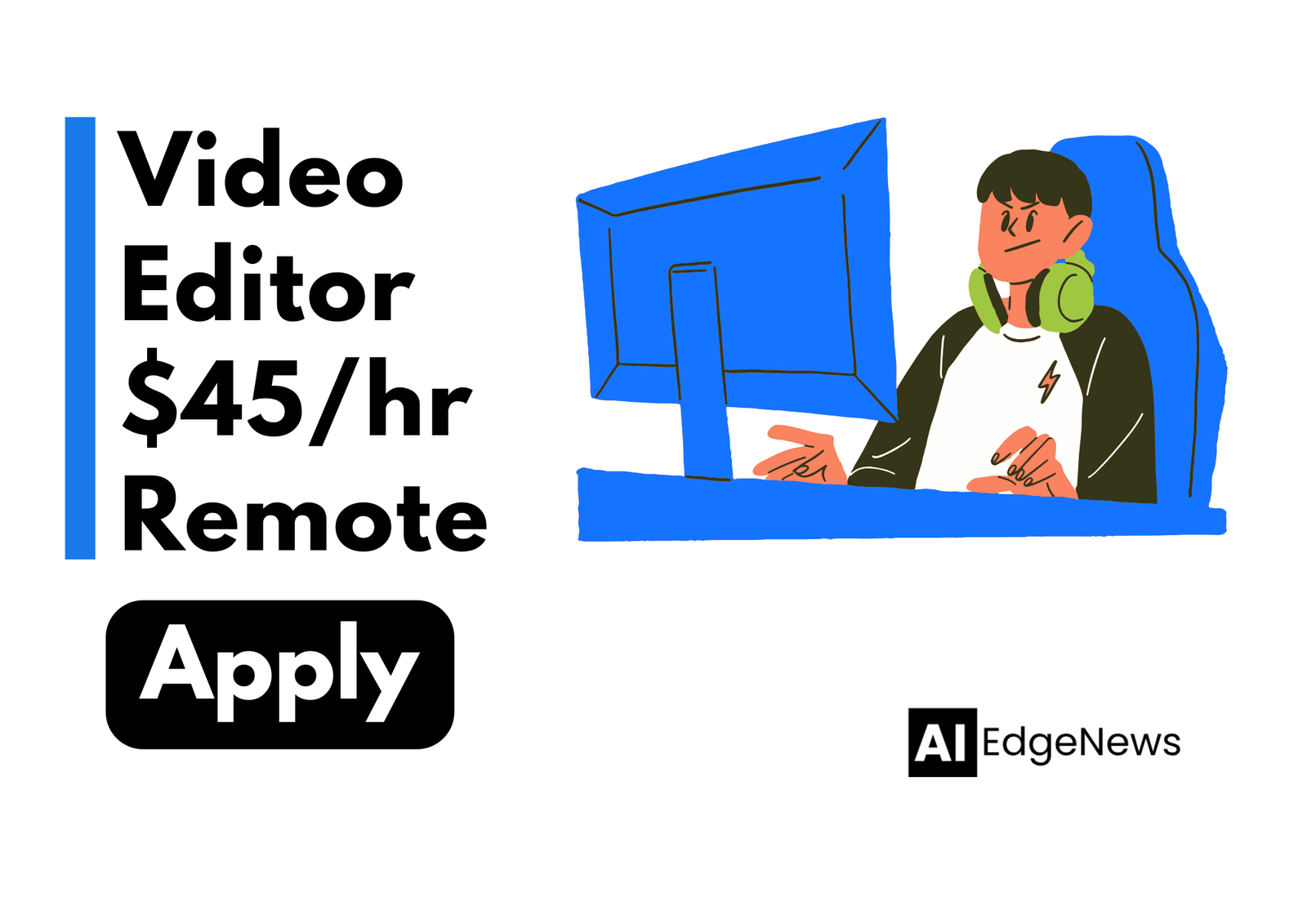OpenAI has entered the cinematic arena by producing animated films using generative artificial intelligence, challenging Hollywood to produce films faster and cheaper than today’s technology.
According to the Wall Street Journal, the company is offering its tools and computing resources to create a feature-length animated film, heavily reliant on artificial intelligence. It is expected to be released in cinemas worldwide next year.
The film “Critterz” tells the story of forest creatures who embark on an adventure after their village is disrupted by a stranger. It was created by Chad Nelson, a creative specialist at OpenAI.
Less time and cost
The production team plans to complete the film in about nine months, rather than the usual three years, according to James Richardson, co-founder of Vertigo Films in London, which is producing the film in collaboration with Native Foreign, a studio specializing in using AI alongside traditional production tools.
The budget for “Critterz” is less than $30 million, significantly less than the cost of a typical animated film. The production team plans to hire voice actors for the characters and artists to create the graphics, which will then be fed into OpenAI tools, including GPT-5 and image generation models.
Entertainment companies like Disney and Netflix are experimenting with AI tools for production, user experience, and marketing purposes, but are wary of adopting them fully for fear of upsetting actors and writers, whose unions have sought to protect their rights from tools that could impact their work.
Companies have also sought to protect their copyrighted characters and works, such as the lawsuit filed by Disney and Universal against Midjourney in June for infringement of their intellectual property rights.
OpenAI hopes the film’s success will demonstrate AI’s ability to deliver compelling content for the big screen and accelerate Hollywood’s adoption of the technology.
Nelson emphasized that OpenAI’s tools also reduce production costs, allowing more people to create creative content.
The newspaper reveals that releasing an original animated film in theaters is a risk, and it is unclear whether audiences, already reluctant to return to theaters, will pay to see it.






